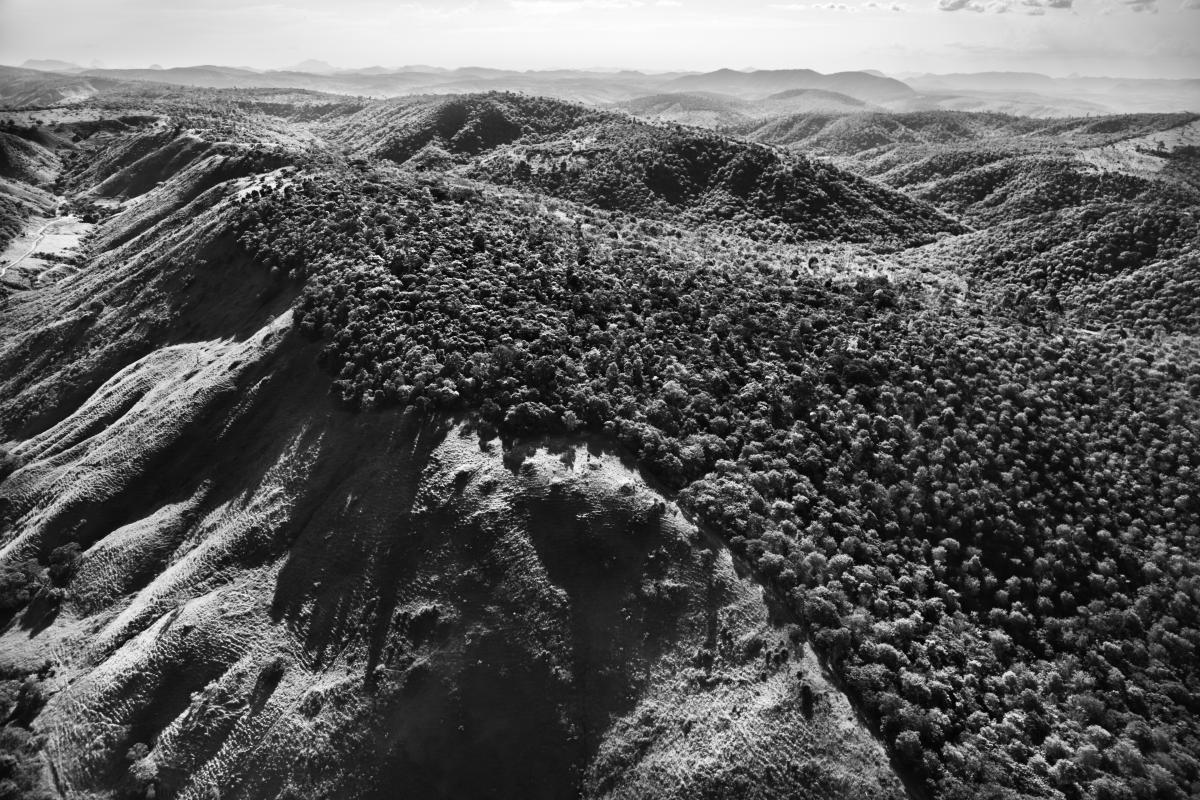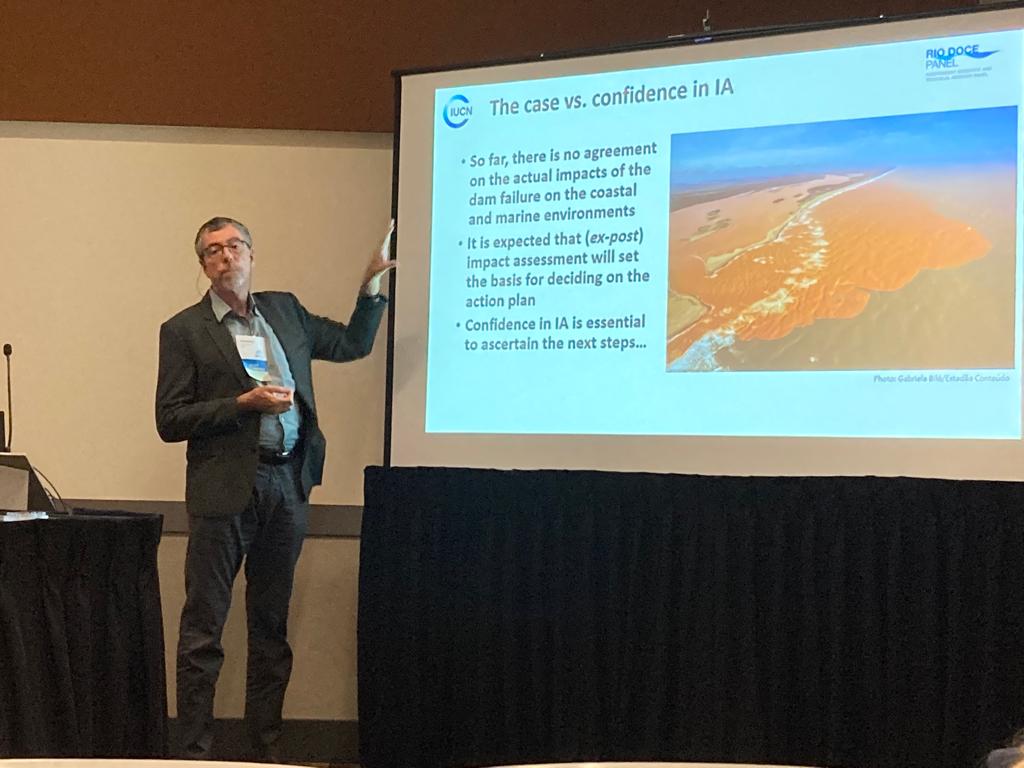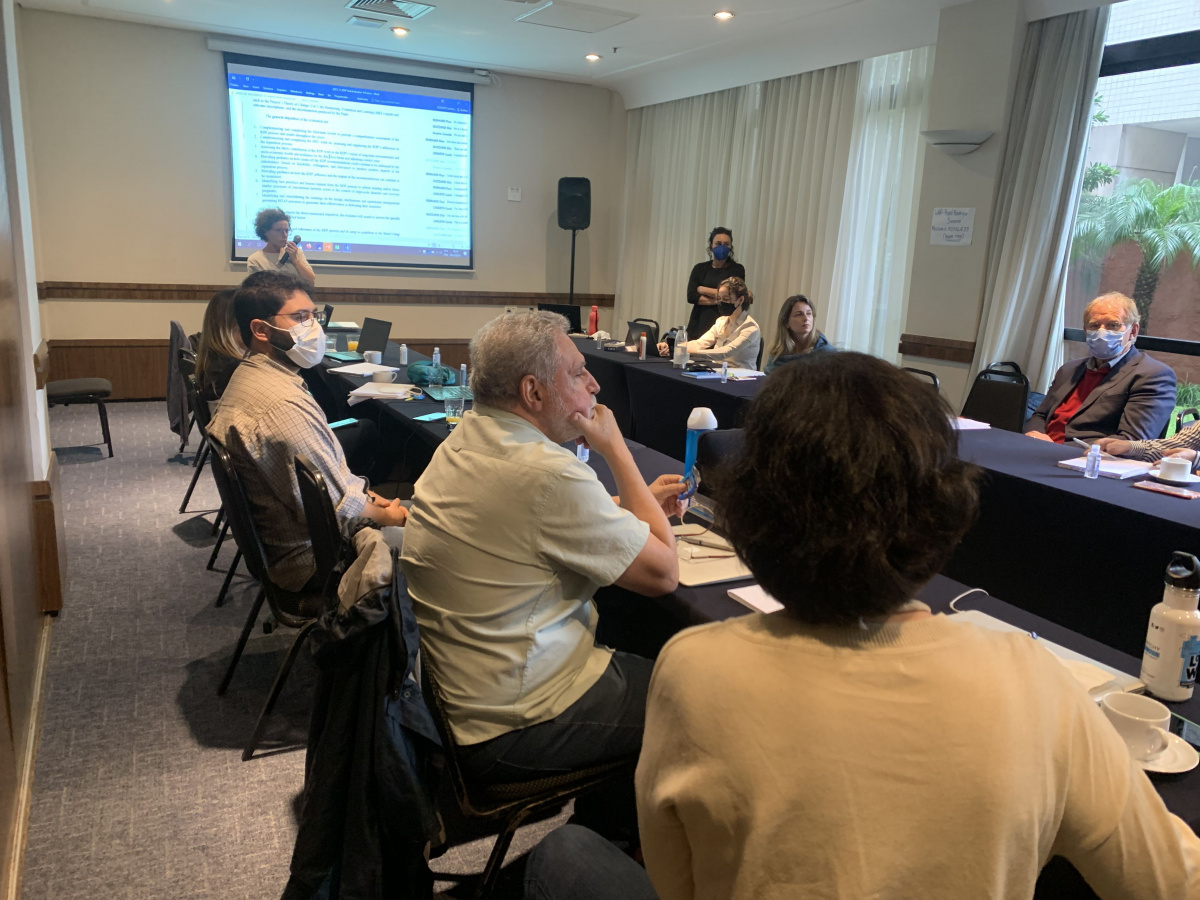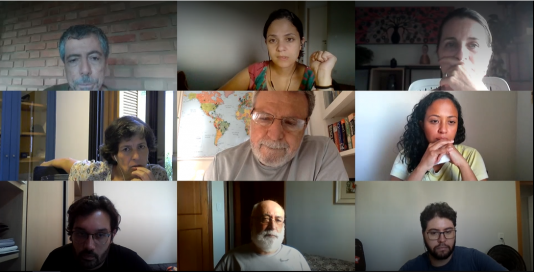Restoring the Rio Doce watershed requires adaptive measures to address climate change
The Rio Doce Panel’s new report highlights the region's vulnerability to climate extremes and recommends that the Renova Foundation and other actors build a joint action plan in response to the climate emergency.

Photo: Sebastião Salgado
Brasília, Brazil, 21 July 2020 (IUCN) - Today, the independent Rio Doce Panel released its second report, Mainstreaming climate change in the Rio Doce watershed restoration, which calls attention to the climate extremes in the region and the risks it poses to some Renova Foundation’s restoration programmes.
The recommendations offer guidance for the Renova Foundation and other decision makers within the region to jointly seek cost-effective and efficient solutions that address the long-term threats. Possible approaches include using Nature-based Solutions for the maintenance of water infrastructure, reducing greenhouse gas emissions and empowering state and local officials to adapt to climate events through greater cooperation and participation.
Climate scientists assert that the heavy rainstorms in the first half of 2020 in the Southeast region of the country, where the Rio Doce basin is located, coupled with severe droughts in the dry season, reflect long-term shifts in precipitation patterns. In addition, heavy rainfall might have reportedly stirred up tailings deposited in the river by the 2015 Fundão dam collapse, re-exposing communities to the effects of the initial disaster.
Human-induced climate change represents one of the greatest hazards to nature, threatening biodiversity and ecosystem services. According to the National Institute of Space Research (Inpe - Instituto Nacional de Pesquisa Espacial), climate simulation models predict a temperature increase of 2-4 degrees Celsius by the end of the 21st century for the region containing the Rio Doce watershed, which is expected to result in increased flooding, sea-level rise and coastal erosion.
"The Rio Doce basin is in a region considered particularly exposed to the risks of climate change,” says Prof Peter May, an expert in ecological economics and carbon sequestration in natural systems, and lead author of the report. “Reduced rainfall will affect the viability of the region’s forests and cropland as well as its biodiversity, resulting in further economic impacts for the people in the region.".
The Report highlights the threats to some of Renova’s programmes and calls for the adoption of a low carbon restoration plan that includes both building capacity for adaptation and financial incentives to reduce emissions.
Yolanda Kakabadse, chair of the Rio Doce Panel, says: “In order for the Rio Doce watershed to recover, it is essential to invest in climate-resilient policies and adaptive solutions. The Renova Foundation has an opportunity to bring regional and local stakeholders together to develop a joint action plan to mitigate the impacts of climate change on communities.”
Convened and managed by IUCN (International Union for Conservation of Nature), the Rio Doce Panel comprises national and international experts, who bring together diverse technical expertise, academic qualifications and local knowledge. Among them, the Chair of the Panel, Ms Yolanda Kakabadse, is Ecuador’s former Minister of the Environment and former President of IUCN. The lead author is Peter May, a former President of the International Society for Ecological Economics-ISEE, who holds a PhD in resource economics from Cornell University and has conducted post-doctoral studies at Columbia University’s Earth Institute. He is a Professor of the Department of Development, Agriculture and Society of the Federal Rural University of Rio de Janeiro, Brazil.



